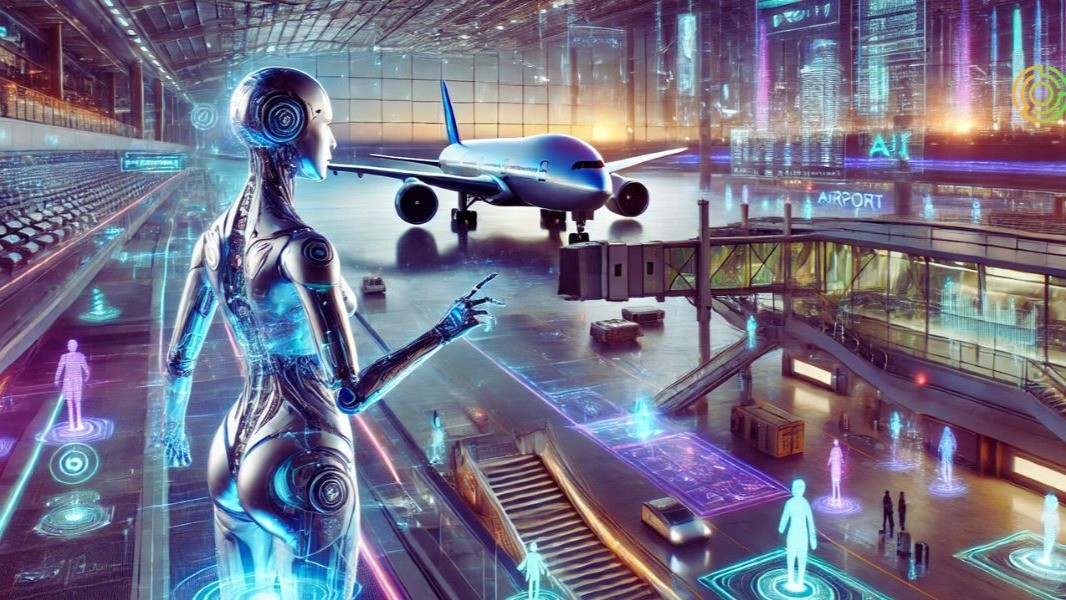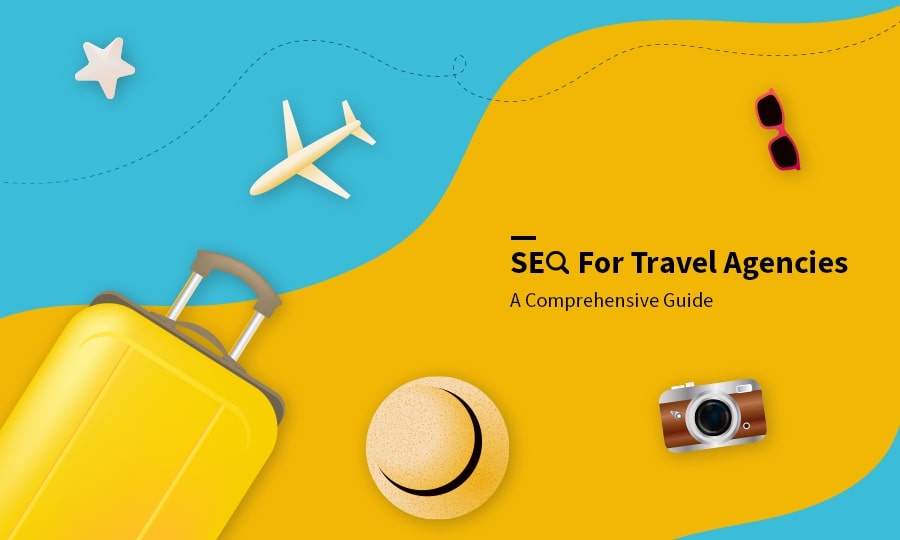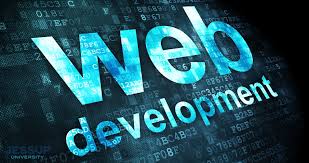
From Clicks to Getaways How AI is Revolutionizing Online Travel Experiences
Considering the fast-paced digital environment of today, technology has been altering practically every facet of corporate operations. One of those affected most is the travel business in particular. Travel businesses are under increasing pressure to provide an experience that distinguishes them and resonates profoundly with potential consumers as people are searching for the newest and most intriguing vacation choices. Then enters artificial intelligence, which is changing the way the tourism sector links its audience, customizes experiences, and simplifies and speeds trip planning.
From mere science fiction, artificial intelligence has evolved a great distance. Already, there is a tool available to assist companies in conducting their operations without problems and improving their internet visibility. From predictive analytics to virtual assistants, artificial intelligence shapes the travel sector. How then, precisely, does artificial intelligence improve the online appearance of travel companies, and how can it assist in turning clicks into real-world vacations?
1. Personalised Travel Suggestions
Personalization is among the most potent ways artificial intelligence is revolutionizing the travel sector. Emails, ads, and websites providing the same cookie-cutter bargains to everyone seemed to be the general nature of the marketing initiatives in the travel industry. AI has fundamentally transformed this.
Tools driven by artificial intelligence can examine enormous volumes of consumer data, including preferences, past reservations, search behaviour, and even social media activity. Processing all this data allows artificial intelligence to forecast the types of experiences, lodging, and locations most likely to appeal to every different kind of visitor. For example, AI can suggest similar trips depending on your tastes if you have lately looked for family-friendly locations or beach holidays, therefore increasing the possibility of a booking.
This degree of personalization not only helps travel companies locate the precise holiday they desire in an infinite array of options, but it also makes them seem more relevant.
2. Chatbot Advanced Customer Support
Any company's foundation is customer service, but in an industry as fast-paced and dynamic as travel, especially round-the-clock support, is typically difficult. A game-changer that lets consumers get rapid 24-hour help is AI-powered chatbots.
From when the flight timings are to when the visa needs are or from when the hotel will offer the various facilities, these chatbots may respond to many kinds of inquiries. If a consumer especially needs something, some can even be used to book a customer in, cancel it, or just offer recommendations. This improves user experience as well as lets human agents concentrate on more difficult instances.
For travel companies, chatbots are also quite successful in interaction. Prospects can get their responses at any moment since they are constantly available, thereby fostering leads and turning them into bookings.
3. Artificial Intelligence Content Production
Content is crucial for any company aiming to stay relevant in the digital era. To regularly produce good, interesting material, nevertheless, time and money are required. This is where AI comes into play.
Personalized trip itineraries, blog entries, and social media material created using AI-driven content production tools will appeal to a specific market. These technologies can examine user behaviour, trending issues, and keyword searches to generate material relevant and likely to increase traffic to the website of a company. AI may assist in producing material that appeals to possible consumers and increases the online presence of the company, whether it be an article about the best beaches in Bali or a blog post with affordable travel advice.
Apart from that, artificial intelligence would enable the travel industry to determine the kind of material that performs well on different media outlets, so customizing a content marketing plan for the highest reach and interaction.
4. Enhancement of SEO
For companies trying to stand out in the internet space, particularly in a very competitive industry like travel, SEO is vital. A high ranking on search engines such as Google can significantly influence whether a potential client finds your site or visits a competitor's. Here, artificial intelligence is essential for creating search engine-friendly webpages.
From particular keywords users use to seek travel-related services, AI technologies may examine search patterns and user behaviour. This will enable companies to maximize their websites such that they show higher search results. AI may, for example, track which long-tail keywords generate traffic and enable companies to include that in their blog entries, website content, or product descriptions.
Furthermore, artificial intelligence could assist with technical SEO chores such as load speed optimization, image optimization, and mobile-friendliness of a website—all things evaluated by search engines in ranking sites.
5. Dynamic Pricing
One of the toughest difficulties in travel management is dynamic pricing. AI lets us replace conventional approaches of setting prices with dynamic price changes depending on demand, rivals, and so on. This replaces the whole pricing strategy based on AI.
For the continually shifting air travel rates, season, demand, and early booking timing all have a bearing. By tracking these developments and changing rates depending on the state of the market, artificial intelligence technologies help companies to remain competitive and maximize revenues. Dynamic pricing can also be used—especially in off-peak seasons—to provide unique discounts or offers meant to attract customers.
Conclusion
Not no question about it; artificial intelligence will fundamentally change the travel business. From personalized recommendations to dynamic pricing and improved customer service to artificial intelligence changing how travel companies engage with customers and online presence. As the travel industry grows, those who embrace these technologies will be more ready to stand out in a competitive market and create experiences that drive conversions from a basic click to a terrific trip.
For tourism companies striving to stay competitive, artificial intelligence is a current technology, not a technology of the future.

 Start your Travel Business with Our 7 Day Free Trial Website!
Start your Travel Business with Our 7 Day Free Trial Website!





